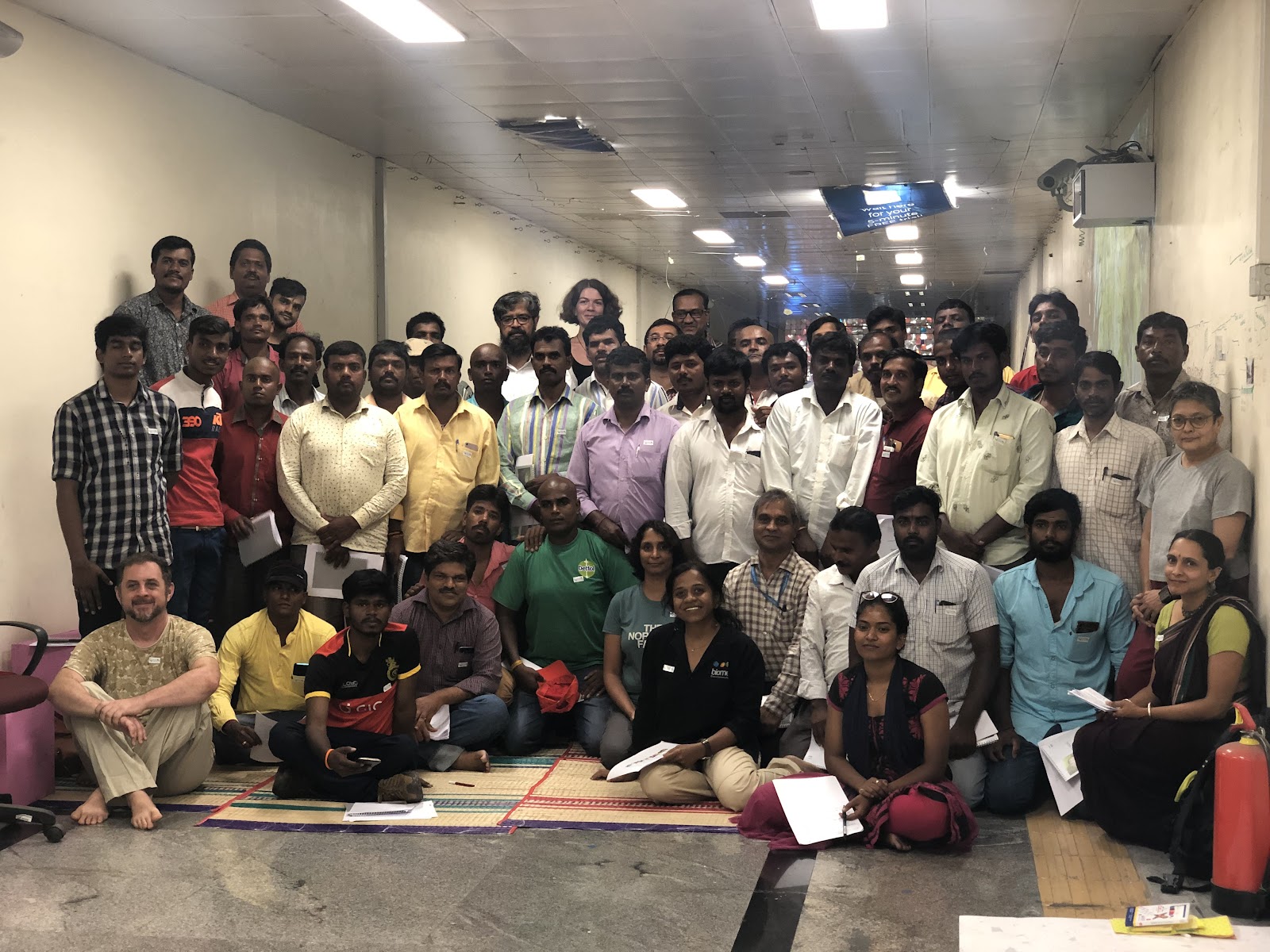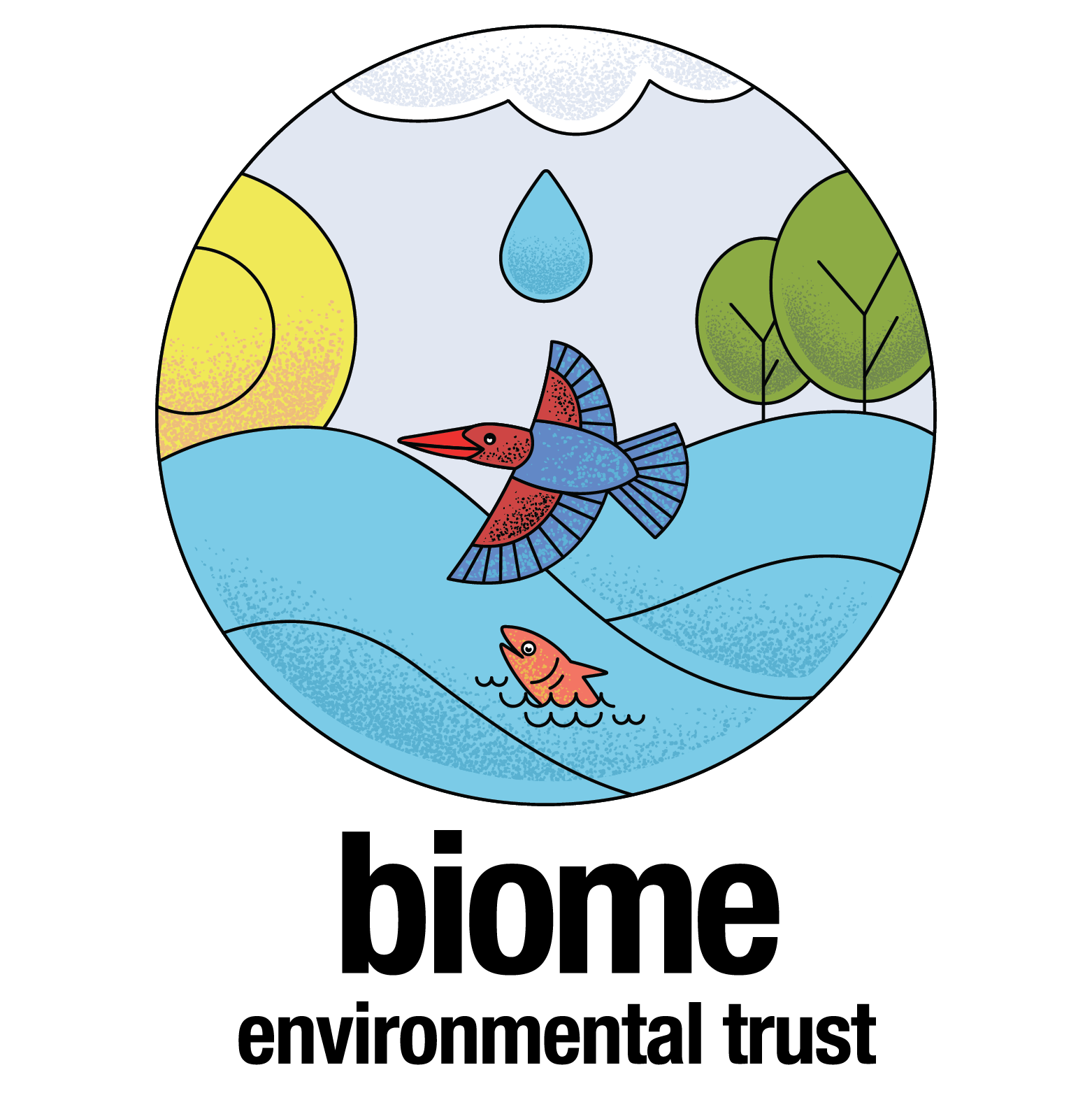Working with the Mannu Vaddar well digger community (informal sector)
For millennia, well digging has been a specialised artisanal skill that has been practised as a traditional tradecraft by a community called Vaddars in South India. The traditional well diggers today are from the scheduled Bhovi or Mannu Vaddar community. They live together in villages or hamlets called Vaddarpalya or Bhovipalya. Their traditional skills at digging and making wells was highly sought after till the advent of the borewells in the 80s. Many of them stopped getting any well digging work, and slowly lost touch with several aspects of the art, like the making of mortarless stone walls. They were reduced to doing unskilled digging and excavation work, or other types of labour. This resulted in a huge loss of self esteem for the well digger community, as their skills were no longer needed.
The revival of well digging over the last two decades due to the idea of groundwater recharge through recharge wells has helped them return to their traditional occupation. Well digging is an art that requires strength, technique and skill, and is quite specialised. Reclaiming their lost heritage has helped the well diggers feel more empowered and get a better status in society. While this has happened to the well digger community around Bengaluru, it is likely that in other parts of the country, the traditional well digger communities have completely lost touch with their heritage.
As more and more recharge wells are dug and old open wells are revived, the well diggers get regular work to dig and maintain the wells, thus keeping the traditional profession of manual well digging alive and preserving traditional knowledge. Regular work improves the livelihoods of the well digger community, providing them with better economic and social capital that helps to improve their resilience to untoward events.
Biome has been regularly engaging with the well diggers since the days of Rainwater Club.
- Biome has created a list of well diggers’ contact details that is available to the public – this helps them to get well digging work
- As part of the Art in Transit project, facilitated by Srishti School of Art of Design, Biome organised a workshop for the well diggers on May 21, 2019 at Cubbon Park metro station, at which they got to talk about their work and the challenges they face
- Around 30 well diggers attended the workshop, and took part in an exercise to mark the wells they have dug on a printed map of the city
- Biome is working on the creation of a small portfolio for each well digger, that will be added to the list of their contact details

